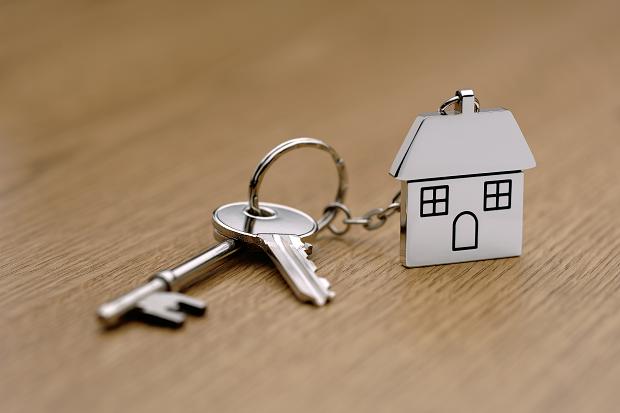A phenomenon known as “jingle mail,” where home-owners faced with mortgages they cannot pay mail their keys back to the bank, may be taking place in Alberta’s slumping economy, concerning the Canadian federal government.
The name of the game is “strategic default” — where those who have recently bought houses but have not paid for them find walking away more attractive than trying to pay off the rest of their investment.
The number to watch for is 20 percent, according insolvency experts. When high-end house prices drop that much, people start to consider the option.
This is because the downpayment on a house is also usually around 20 percent and, unlike all other Canadian provinces, the home owners often suffer no liability when they take this course since non-recourse residential mortgages are so common in Alberta. Lenders cannot take the home owner to court to seize their other assets.
The peak for housing prices in Alberta was in 2014, so many new house buyers are now under water. Their mortgages are higher than house appraisals for the houses purchased during the industrial boom that has now passed.
Since 2014, oil prices have plummeted and many Albertans who had been taking home above-average incomes are now without job prospects in their fields.
Jingle mail also was sent in the province in the 1980s when a trend of leaving Alberta for work in other provinces began.
This time, according to bankers, it has started in towns like Grande Prairie and Fort Mac, where many people are involved in servicing the oil and gas industry in one way or another.
By Andy Stern

